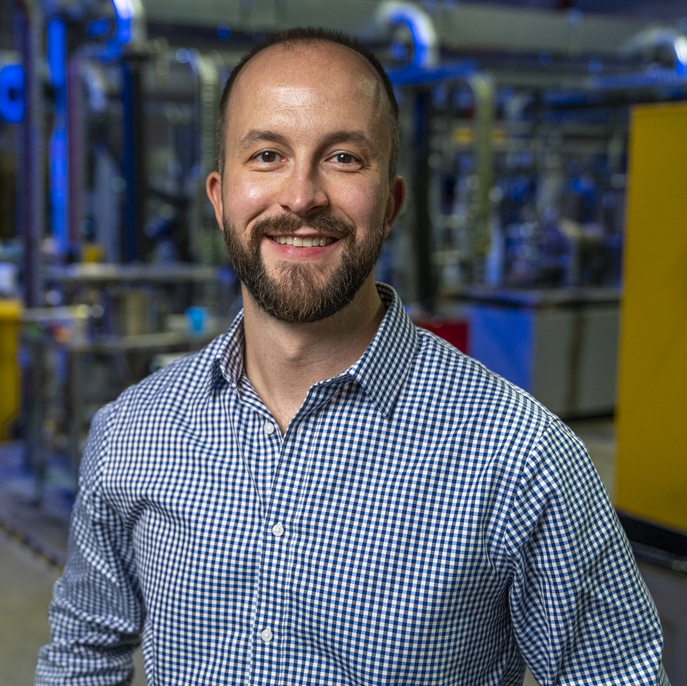

Sicona acquires major international patent portfolio
SYDNEY, June 26, 2023 /PRNewswire/ — Australian battery materials company Sicona Battery Technologies has secured a major patent acquisition, further cementing its future as a global battery materials manufacturer.
Sicona CEO and cofounder Christiaan Jordaan announced this week the company had purchased a number of international patents and patent families developed by some of the world’s largest advanced materials companies. He said these patents would cement Sicona as a “globally significant battery materials champion”.
In collaboration with fellow Australian battery technology company, Gelion, Sicona purchased the patents which have been under development and production by US-listed, (AUS)$90billion company, 3M, and the London-listed £9.2billion company, Johnson Matthey, since 2005.
Gelion acquired the lithium sulphur patents owned by Johnson Matthey, and Sicona secured 73 patents and 11 patent families relating to silicon-alloy anode materials, electrode design, pre-lithiation and associated intellectual property.
The original technology was developed at Dalhousie University by some of world’s foremost lithium-ion battery pioneers.
“It’s a major coup for Sicona to acquire this technology,” Mr Jordaan said.
“For an Australian battery materials company to acquire what is considered some of the most advanced silicon anode materials technology is quite remarkable really.”
Mr Jordaan said the technology was a “strategic investment” and will be complementary to the current silicon carbon products produced by Sicona.
“Tens of millions of dollars has been invested into this technology and the testing of these materials,” he said.
“This is silicon metal-based technology, which is the core of what we do at Sicona. We are cementing ourselves as the global leaders in silicon metal-based anode technology.”
“The silicon-alloy material is manufactured from the same raw materials we already use and is highly synergistic to us as an additional product in our product portfolio. Our team will now do further work on how to best utilise it.”
3M started work on the silicon anode technology in 2005 at Dalhousie University under the guidance of Professor Dahn and Professor Mark Obrovac.
In 2012, 3M announced a further investment in silicon anode materials in the form of a US$4.6million (matched) grant from the U.S. Department of Energy.
In January 2017, 3M sold its NMC cathode technology to Umicore to focus on silicon anodes but in 2019 completed an exit from the battery materials sector through the sale of its silicon anode tech to Johnson Matthey.
In November 2021, Johnson Matthey announced it would be exiting its battery materials business.
“We are the beneficiaries of two major global companies electing to exit the battery materials industry at exactly the wrong time,” Mr Jordaan said.
“It’s a further step in our mission to become a globally significant battery materials champion.
“An Australian company now holds the keys to the castle on cost-effective, scalable silicon anode technologies.”
Recently, Sicona Battery Technology announced it had raised AU$22 million in Series A funding which will be used to further the company’s development plans both in Australia and the United States.